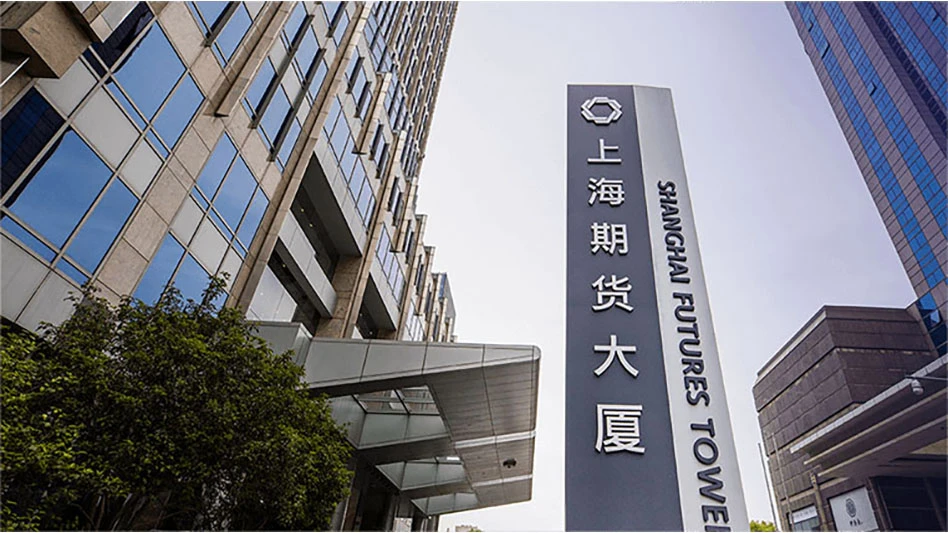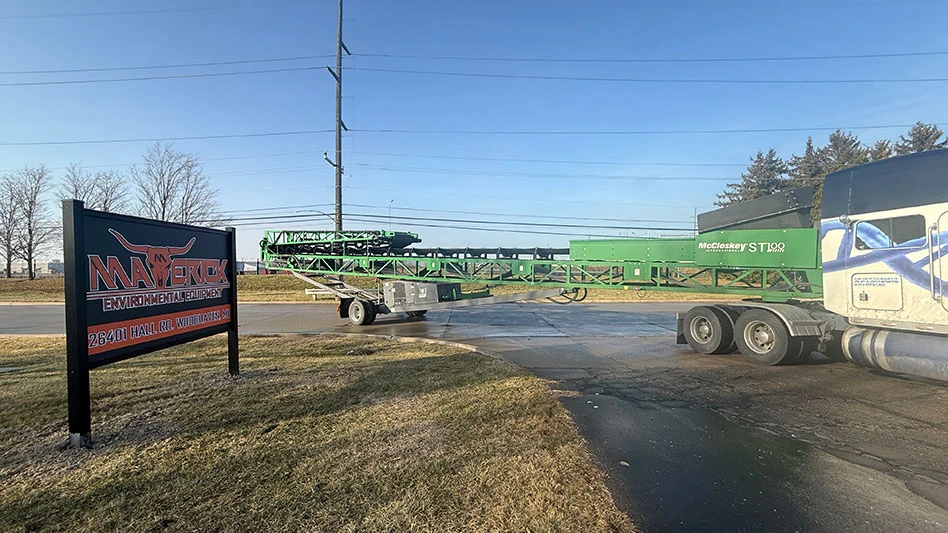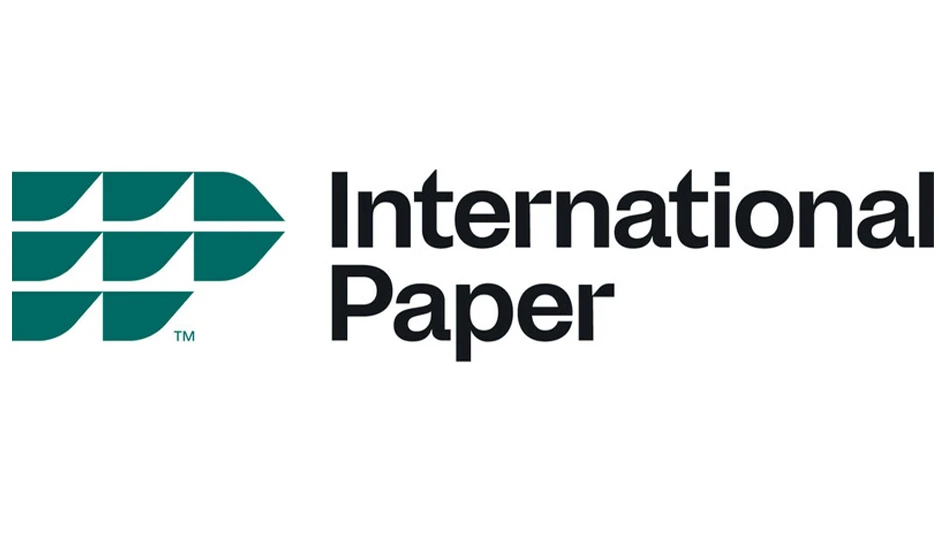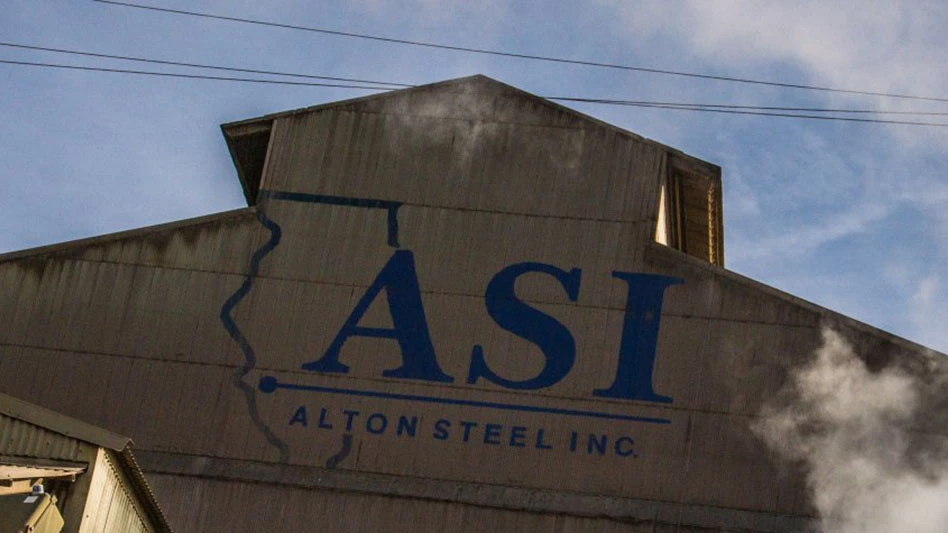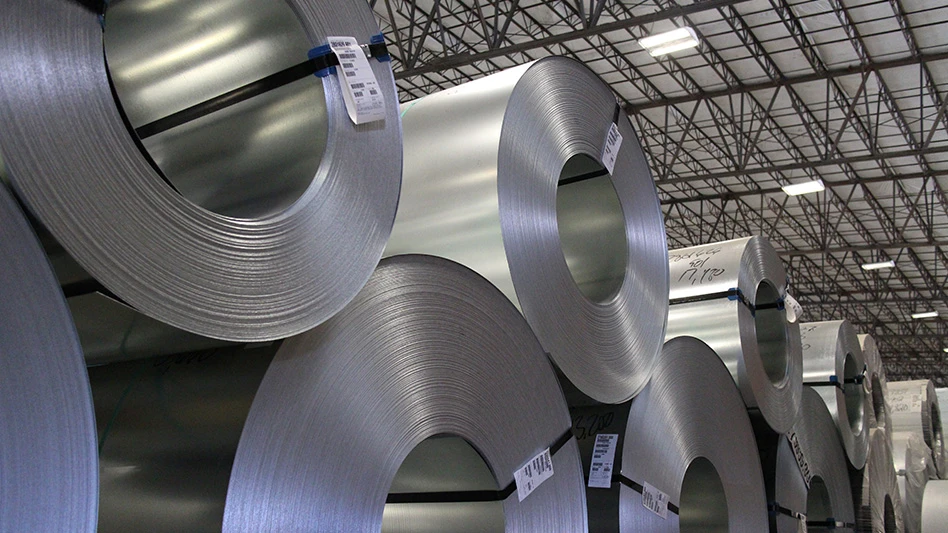
Glandorf, Germany-based Strautmann Umwelttechnik, a maker of balers and briquetters, is now offering the LiquiDrainer, which it describes as a device that can drain and compact beverage containers such as PET (polyethylene terephthalate) bottles, TetraPak cartons and aluminum beverage cans.
In the LiquiDrainer, says Strautmann, containers are first punctured so the liquids flow out. The residual liquids pass through a coarse filter and can be diverted toward anaerobic digestion or biogas plants, according to the firm. “Thanks to the separation of liquid and packaging, no particles enter the wastewater stream,” says the company.
The empty containers are then compressed into high-density bales und briquettes to be prepared for recycling markets. Strautmann says beverage industry LiquiDrainer customer Hansa-Heemann, in Löhne, Germany, has used the device to handle PET, cardboard and plastic film.
Hansa-Heemann AG makes non-alcoholic soft drinks with production facilities in four different German cities. At a three-shift operation in Löhne, 400 million beverage bottles are filled each year. Before Hansa-Heemann began using the LiquiDrainer for PET bottle disposal, the company had already been baling film and cardboard with Strautmann balers for more than seven years.
“While producing mineral water and sweet beverages, residual liquids need to be disposed of economically and ecologically,” says Thomas Hartsieker, Hansa-Heemann plant manager in Löhne. “Our PET bottles are now drained and compressed economically by using the LiquiDrainer and Strautmann BaleTainer disposal process.”
Accruing PET bottles are collected in Hansa-Heemann bins and cage-style containers and then brought to an outdoor recycling and disposal area. Using a forklift, the boxes are lifted and tilted into the hopper of the LiquiDrainer. The emptied and already pre-compressed PET bottles are then transported from the LiquiDrainer directly into the automated BaleTainer, where they are compacted into marketable bales.
“The LiquiDrainer with downstream BaleTainer pays off for our company,” says Hartsieker. “Considerable time and cost savings have allowed a quick amortization of the investment.”
Latest from Recycling Today
- Stadler equips Spanish MRF
- SSAB finishes 2025 with decreased revenue
- Vecoplan appoints CFO
- Aurubis raises full-year forecast
- Levitated Metals adds LIBS sorting technology
- Redwood Materials closes on $425M in Series E financing
- Updated: Wieland Chase expands northwest Ohio facility
- Recovered paper traders report lukewarm market
